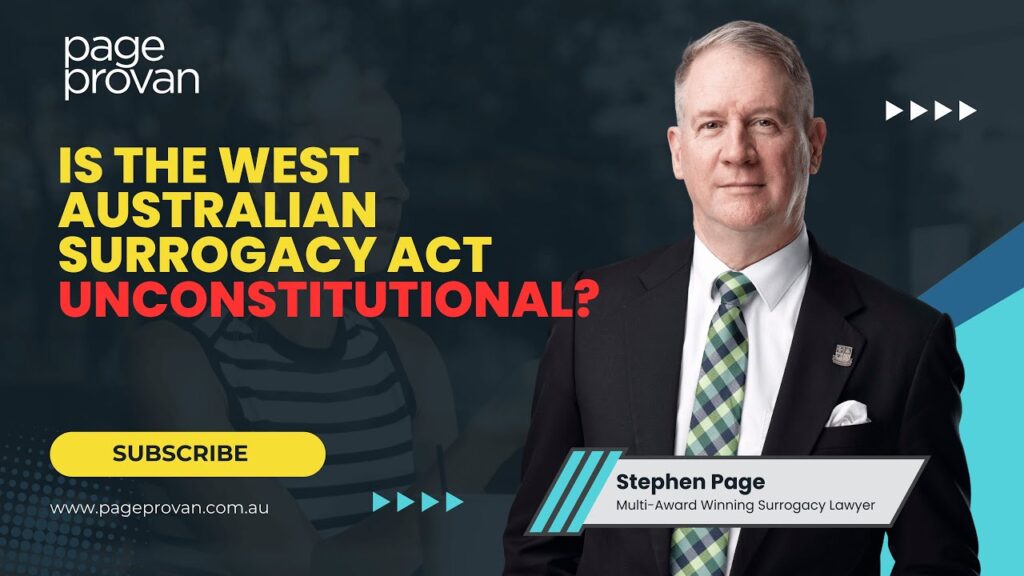Are we finally going to get rid of gay panic defence?
The defence is currently open only in Queensland and South Australia. In Queensland, armed with his research as to the appalling level of violence against LGBTI people (echoed incidentally in the Human Rights Commission report last week), Professor Alan Berman and I and others (including Father Paul Kelly in whose Maryborough churchyard one of the men was killed), lobbied then Labor Attorneys Cameron Dick and Paul Lucas to scrap the defence of provocation to murder. The upshot was that after a panel of experts were appointed, the defence was partially removed. The chair of the committee, retired judge John Jerrard QC called for more to be done.
When Jarrod Bleijie became Attorney under the Newman government, he resolved not to get rid of gay panic defence.
With the election of Labor in Queensland, there is now a mandate to get rid of gay panic defence. The LNP has also reversed position, now saying that it offers bipartisan support to get rid of the defence.
In South Australia, the message is more depressing. The South Australian Law Society has called for gay panic defence to remain there, seemingly on the basis that if it ain’t broke, don’t fix it.
The two other developments were the call by Human Rights Commissioner Tim Wilson to abolish gay panic defence in Queensland and South Australia, and the High Court judgment in Lindsay.
Mr Lindsay, from South Australia, appealed his conviction of murder on the basis of provocation- essentially gay panic defence. He was successful in his appeal to the High Court, resulting in the matter going back to South Australian courts to consider whether Lindsay should be convicted of manslaughter instead.
The facts in Lindsay demonstrate why gay panic defence must go:
- The appellant, an Aboriginal man, was aged 28 years or thereabouts at the date of the offence. On the evening of 31 March 2011, he, his de facto wife, Melissa, and a friend, Nicholas Hayes, visited the Hallett Cove Tavern. There they encountered the deceased, a Caucasian male who was previously unknown to them. The deceased had been drinking at the Tavern with his partner, Fiona Ninos. The two had quarrelled and she had gone home without him. The appellant and his party and the deceased all drank together and, in the early hours of 1 April 2011, they went to the appellant’s Hallett Cove home to continue drinking.
- The appellant and Melissa had been living together since before the birth of their son, Ethan, who was then nine years old. They shared their home with two boarders: Luke Hutchings and Brigette Mildwaters. When the group arrived at the Hallett Cove home on the morning of 1 April 2011, Luke and Brigette were there, as were the appellant’s two younger sisters, Ashleigh and Tahlia, and his cousin, Michael. The group, with the exception of Michael, who was asleep, commenced drinking together.
- At around 2:00am, Fiona Ninos rang the deceased’s mobile telephone. The appellant spoke to her and invited her to join them. Fiona took up the invitation. After her arrival, the appellant showed her around the home. The deceased was seated at the kitchen bench where he was socialising with the group. Fiona stayed for around 45 minutes to an hour. During this time she did not see any aggressive behaviour. The mood of the group was good, they were drinking pre-mixed cans of bourbon and appeared happy and relaxed. Nonetheless, Fiona was annoyed with the deceased’s decision to stay at the Tavern and to go out drinking with strangers and she told him so in heated terms. The appellant suggested that the deceased could stay the night and he offered to bring him home in the morning. Fiona caught a taxi home.
- Following Fiona’s departure, there were two incidents, which together gave rise to the trial judge’s decision to leave provocation for the jury’s consideration. The first incident took place when the group was outside on the patio. The appellant was seated and the deceased straddled him, moving his hips backwards and forwards in a sexually suggestive manner. The appellant told the deceased that he was not gay and not to do “stuff like that” or he would hit him. Melissa also remonstrated with the deceased. The deceased apologised and the appellant told him “That’s okay, just don’t go doing stuff like that”.
- Peek J summarised the evidence of the patio incident, observing that, whether the deceased had intended it or not, there was substantial evidence that the incident had caused upset not only to the appellant but, importantly, also to his de facto wife in his presence. His Honour emphasised that the deceased had been told very firmly not to do it again.
- The second incident occurred in the family room. The deceased was tired and the appellant told him that he could sleep in the spare room. The deceased said that he did not want to sleep up there by himself; he wanted the appellant in there with him. He said that he would pay the appellant for sex. The appellant replied “What did you say cunt?”. The deceased repeated his proposition, offering to pay the appellant several hundred dollars. The appellant punched the deceased, who fell to the floor. The appellant kicked and punched the deceased as he lay on the floor. At some stage, the appellant took hold of a knife with which he repeatedly stabbed the deceased.
- The deceased sustained multiple penetrating stab wounds. One group of wounds was in the right arm and chest. A second group of wounds was located over the abdomen. The stab wounds were associated with two significant injuries to the aorta. One completely severed the aorta; another caused a half thickness cut to it. These two wounds caused massive blood loss, leading to unconsciousness within 20 to 30 seconds and death within two to three minutes.












